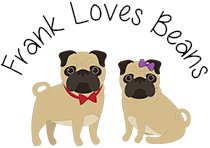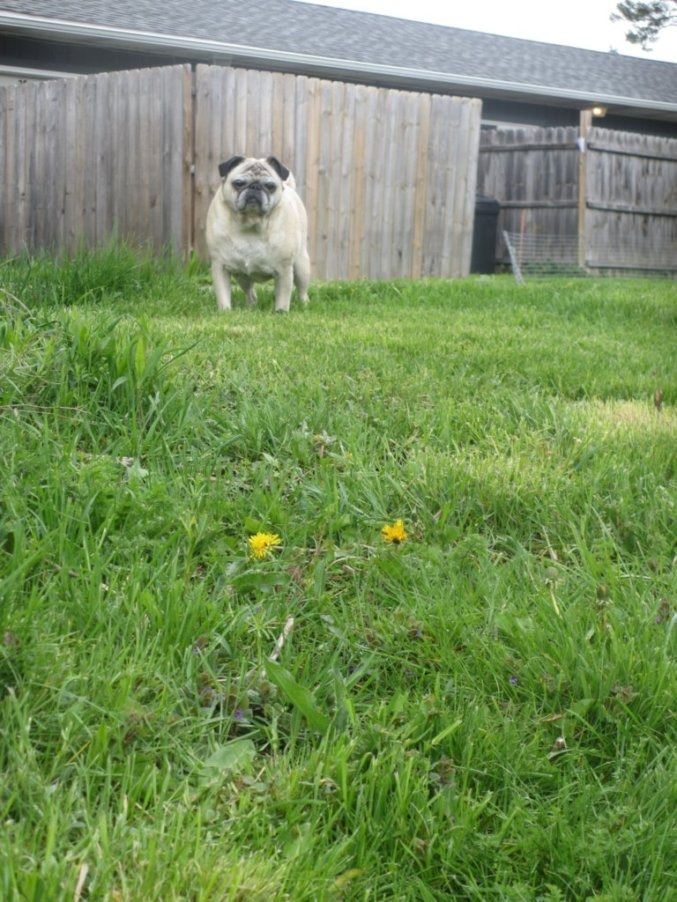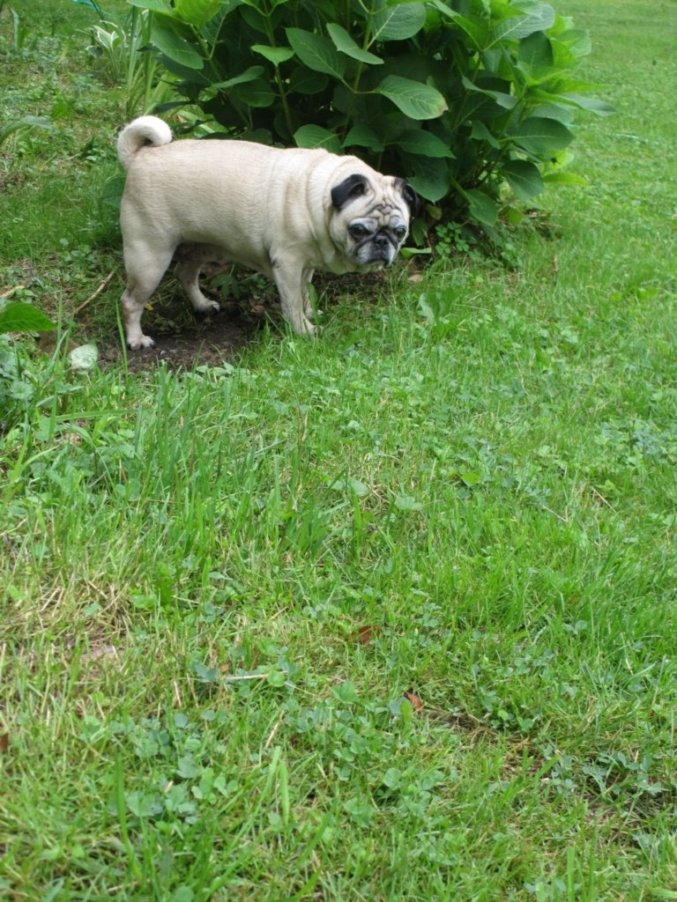
Why Your Pug Is Eating Grass And What To Do About It
Pugs are adorable, lovable, and curious creatures that make wonderful pets. However, if you are a pug owner, you may have noticed that your furry friend has a tendency to eat grass. This behavior can be concerning for some owners, but is it normal?
Why do pugs eat grass?
The exact reason why pugs eat grass is not entirely clear. However, there are a few theories that can help explain this behavior. One theory is that pugs eat grass to relieve digestive discomfort. When a pug has an upset stomach, they may instinctively turn to grass as a way to induce vomiting or to help ease their discomfort. Another theory is that pugs simply enjoy the taste and texture of grass. After all, pugs are curious animals and are known to explore their environment with their mouths.
Is it harmful for pugs to eat grass?
In general, eating grass is not harmful to pugs. However, there are some risks to keep in mind. Pugs may ingest harmful chemicals or pesticides that have been used on the grass, which can lead to digestive issues or even poisoning. Additionally, pugs may swallow large pieces of grass that can cause a blockage in their digestive system. Therefore, it’s important to monitor your pug’s grass-eating behavior and make sure they are not eating grass that has been treated with chemicals or pesticides. You should also ensure that your pug is not eating too much grass at once, as this can increase the risk of a blockage.

What can you do to prevent your pug from eating grass?
If you are concerned about your pug’s grass-eating behavior, there are a few things you can do to prevent it. First, make sure your pug is getting enough food and water. Sometimes, pugs may eat grass because they are hungry or thirsty. Additionally, you can try distracting your pug with toys or other activities when they start to eat grass. Finally, you can try providing your pug with alternative snacks or treats that they can chew on instead of grass.
How to train a pug to stop eating grass?
Training your pug to stop eating grass can be a challenge, but it’s not impossible. One way to discourage your pug from eating grass is to distract them with toys or other activities when you notice them attempting to eat grass. You can also try training your pug with positive reinforcement, rewarding them when they avoid eating grass. If the behavior continues, consult with a veterinarian or a professional dog trainer for additional advice.
Do other breeds of dogs also eat grass? Is it normal?
Yes, many breeds of dogs eat grass, and it’s generally considered a normal behavior. Dogs are omnivores and may eat grass to supplement their diet with fiber or other nutrients that they may be missing. However, if you notice excessive grass-eating, it’s important to monitor your dog’s behavior and make sure they are not experiencing any health issues.

How to identify if a pug is eating too much grass and what to do if it becomes a problem?
If your pug is eating too much grass, they may vomit or experience diarrhea. Additionally, they may have difficulty passing stools, and their appetite may decrease. If you notice any of these symptoms, it’s important to contact your veterinarian immediately. In some cases, your pug may require medical treatment or dietary changes to prevent any further complications.
If there are any home remedies to soothe a pug’s digestive system if they have eaten too much grass?
If your pug has eaten too much grass and is experiencing digestive discomfort, you can try feeding them a bland diet consisting of boiled chicken and rice. You can also provide them with plenty of water to help flush out any toxins or impurities. However, if your pug’s symptoms persist or worsen, it’s important to seek veterinary care.
Do pugs need to eat grass to fulfill a nutritional deficiency?
While grass does contain some nutrients that may be beneficial to dogs, it’s not necessary for pugs to eat grass to fulfill any nutritional deficiencies. If you’re concerned about your pug’s diet, it’s best to consult with a veterinarian to determine the appropriate diet and supplements for your pug’s health.
In conclusion, pugs eating grass is a common behavior, but it’s important to monitor your pug’s behavior to ensure their health and safety. If you have any concerns about your pug’s grass-eating behavior or their overall health, consult with a veterinarian for professional advice.

Leave a Comment